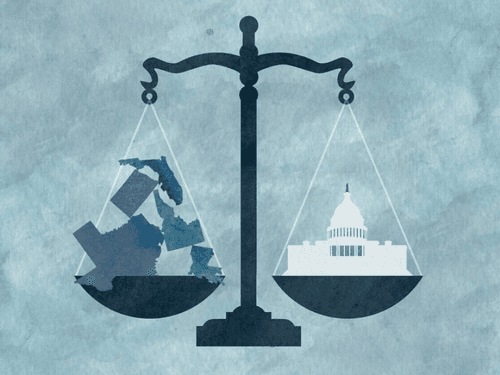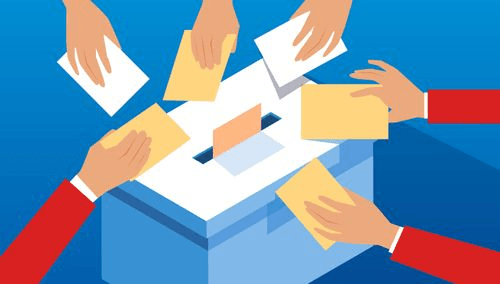History

- 1960|
Kennedy-Nixon Presidential Election
Since the presidential election of 1960, numerous allegations of widespread voter fraud in Illinois and Texas have emerged about the contest.

- 1965|
Voting Rights Act of 1965
In 1965, President Lyndon Johnson signed the Voting Rights Act. This legislation sought to protect millions of minority Americans from discrimination.
Introduction
2020 Controversy
As the Covid-19 pandemic continued to impact all aspects of American life, many states relaxed their voting laws for the 2020 elections. According to the Census Bureau, 69% of voters cast their ballots by mail or early voting, the highest rate since the Bureau began measuring the statistic. In the aftermath of the elections, former President Trump alleged that these relaxed election laws had opened up the opportunity for widespread fraud. In response to these claims, many Republican state legislatures across the nation have enacted voting legislation. Republicans assert these measures are necessary to ensure fair and secure elections. Democrats, however, decry the laws as restrictive and argue they are born out of the “Big Lie” that Joe Biden stole the 2020 election. At the federal level, Democrats have pushed for federal voting rights legislation amidst near-unanimous Republican opposition, hoping to counteract the effects of these state laws.
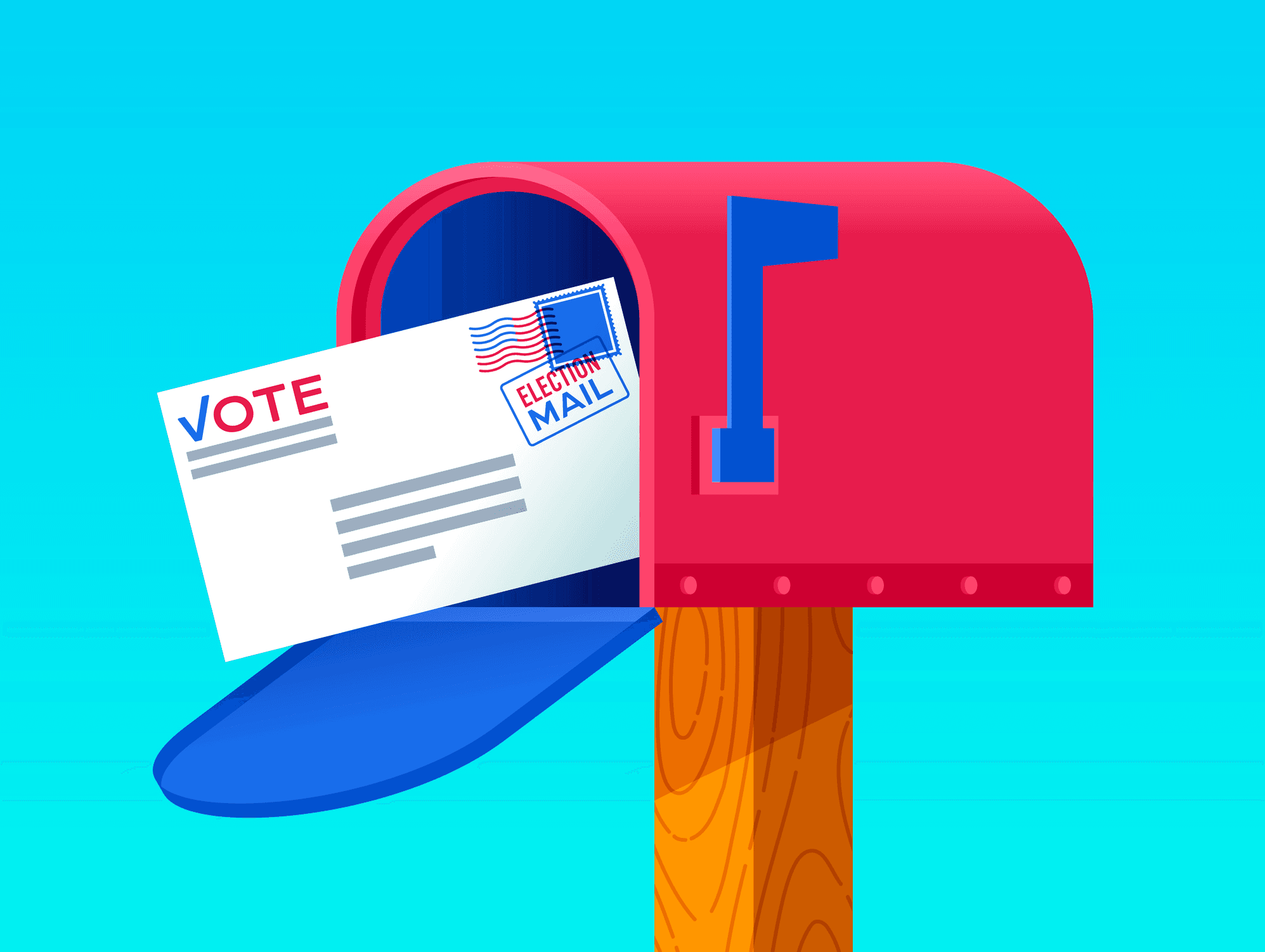
According to its 2021 analysis, the Brennan Center for Justice has identified 34 voting laws in 19 states that sparked debate around voting legislation. Democrats assert these laws restrict easy access to voting, making it harder for historically disenfranchised (and generally Democratic constituents) to cast their ballot. Republicans argue that legislatures must preserve the integrity of the vote, even if that means limiting the availability of different voting methods. The solution probably lies somewhere in the middle. On the one hand, maximizing access to voting is a good thing: every eligible voter should be able to vote. At the same time, it can’t simply be a free-for-all. Let’s take a closer look.
The 34 voting laws could impact up to 55 million eligible voters nationwide. Additionally, state legislators proposed over 440 contentious voting bills in 49 states, an unprecedented amount. Democratic governors in some swing states like Wisconsin, Michigan, and Pennsylvania vetoed such laws from their Republican-controlled state legislatures. Several others, however, have imposed constraints, including Arizona, Florida, and Georgia. Texas joined these states in passing election bills, which Democratic activists argued were especially egregious. Left-leaning activists believe these state laws have two primary purposes: imposing restrictions on voting and giving state legislatures control over election administration.
Arizona
In Arizona, Republican Governor Doug Ducey approved several voter laws from the Republican-controlled state legislature in 2021. Perhaps the most controversial was SB 1485, which removes mail voters from Arizona’s Permanent Early Voting List if they fail to vote in two consecutive elections. Another law invalidates ballots that do not have a valid signature by Election Day, removing the previous five-day grace period to fix it. HB 2905 makes it a felony for election officials to send absentee ballots to voters unless they request one. Two other bills prevent Democratic Secretary of State Katie Hobbs from unilaterally changing election deadlines and give the Republican attorney general sole authority over election disputes until Hobbs’ term ends in 2023. State Democrats widely criticized these measures, but they received strong Republican support.
Florida
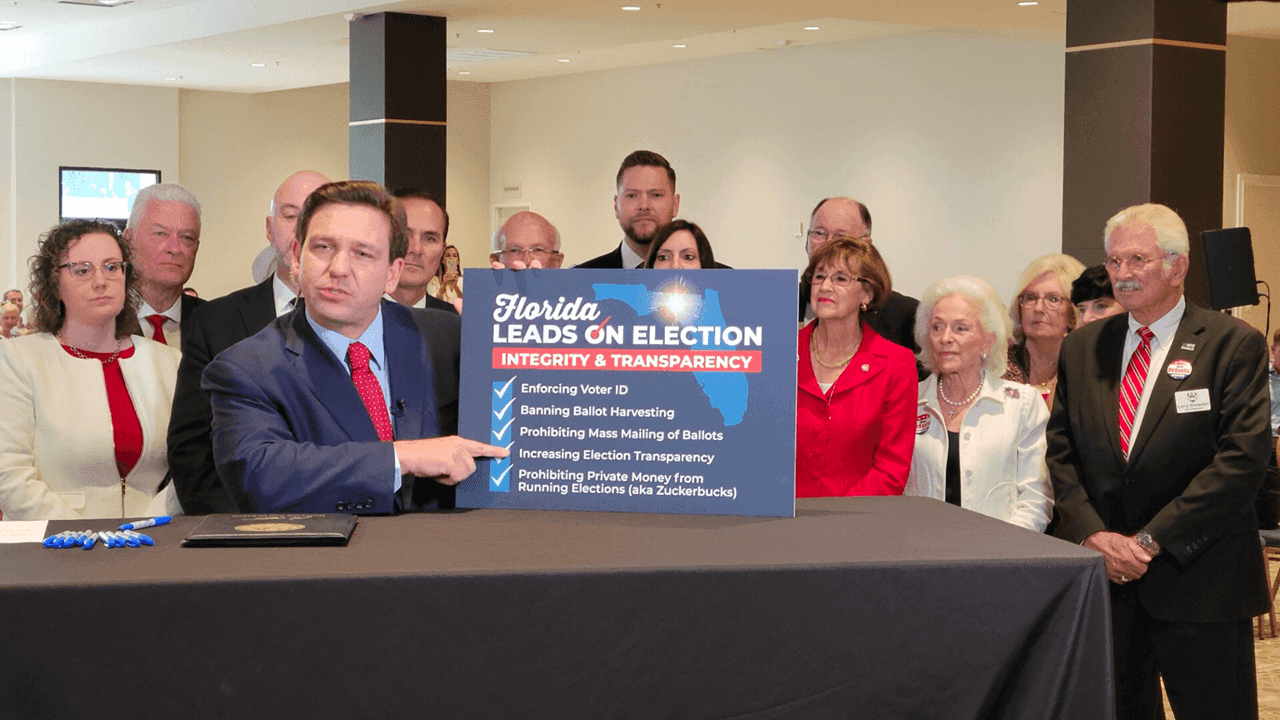
Florida Governor Ron DeSantis (R-FL) signed SB 90 at a private event in May 2021. It passed both chambers of the state legislature in an almost strictly party-line vote, though one Republican state senator voted against it. The bill imposed limits on where officials could place drop boxes, mandated election officials watch the boxes in person while open, and restricted who can drop off a voter’s ballot. He championed it as “the strongest election integrity measures in the country.” Additionally, despite the new measures, Florida has no-excuse mail-in voting and requires at least eight days of early voting, which Republicans say makes it one of the easiest states to cast your ballot. Shortly after its passage, 17 Democratic state attorneys general joined several voting rights groups in a swath of litigation challenging the new law.
Georgia
Georgia received intense national attention over its omnibus voting bill. Republican Governor Brian Kemp signed Senate Bill 202, calling it “another step toward ensuring our elections are secure, accessible and fair.” The Republican-controlled state legislature passed it in a party-line vote. Some of the more disputed measures include capping ballot boxes (where voters can submit their absentee ballots), imposing some voter ID requirements, and removing the Secretary of State as chair of the State Election Board. The more widely supported provisions streamline the local administration of elections and expand early voting. The move prompted the Major League Baseball organization to pull its All-Star Game out of Atlanta, and the U.S. Justice Department under the Biden administration challenged the new law under the Voting Rights Act.
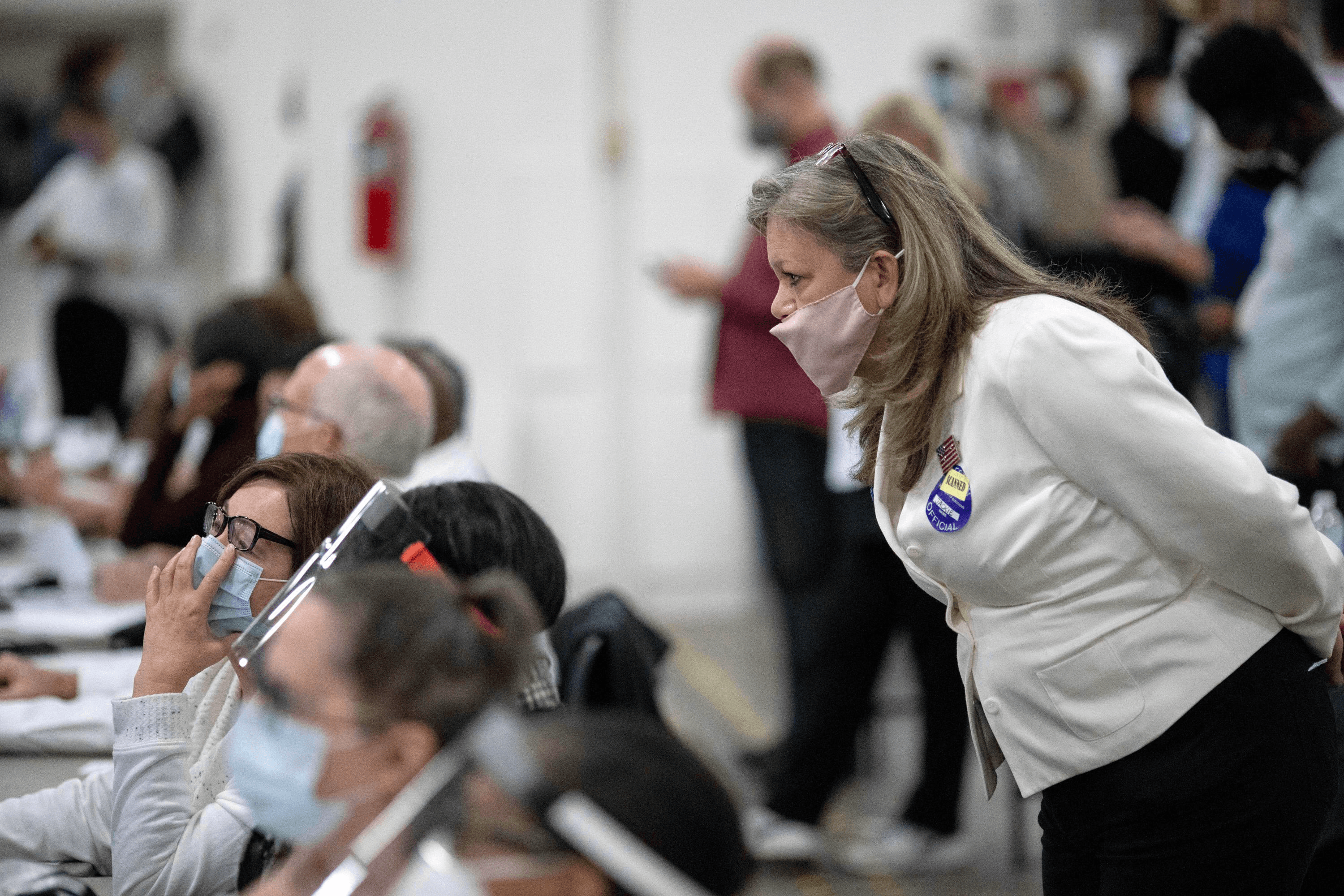
Texas
In another sweeping election overhaul, the Republican-controlled Texas Legislature passed, and Governor Greg Abbott (R-TX) approved a voting bill in 2021. Texas Democrats staged a walkout to prevent the legislature from passing the bill, but ultimately they failed to do more than delay it. Some significant provisions prohibit election officials from sending out unsolicited mail-in ballot applications and ban drive-through and 24-hour voting. Other parts of the bill extended early voting hours and required businesses to allow employees some time off to vote. Republicans praised the law as a decisive measure for election integrity, while Democrats characterized it as an attack on voting rights. The U.S. Justice Department sued the state and alleged the new legislation violated the Voting Rights Act.
Other States
Though Republican legislatures make up the majority of states passing these laws, several Democratic trifecta states have implemented restrictive measures. For example, New York passed a law allowing fewer in-person voting locations, though others eased current restrictions. Nevada, another Democratic state, enacted several laws expanding voter access, but also one reducing in-person polling locations and a second shortened the grace period for late mail-in ballots. Additionally, some Republican states have expanded access. For instance, while Indiana imposed limits on ballot boxes, it broadened the states’ options for acceptable voter IDs, expanded early voting opportunities, and created a “curing” process for specific ballot errors.
Under the current national environment, where control of both chambers of Congress is up for grabs in the 2022 midterms, these state laws could have massive implications. Congressional Democrats have proposed two bills to reverse many of these new laws: the Freedom to Vote Act and the John R. Lewis Voting Rights Advancement Act. However, both are unlikely to become law in the current 50-50 Senate unless Democrats change the filibuster rules, which centrists like Senator Joe Manchin (D-WV) have been unwilling to do. Additionally, Republicans have slammed the bills as federal overreach and say they will unfairly advantage the Democratic Party.
The Pennsylvania Controversy
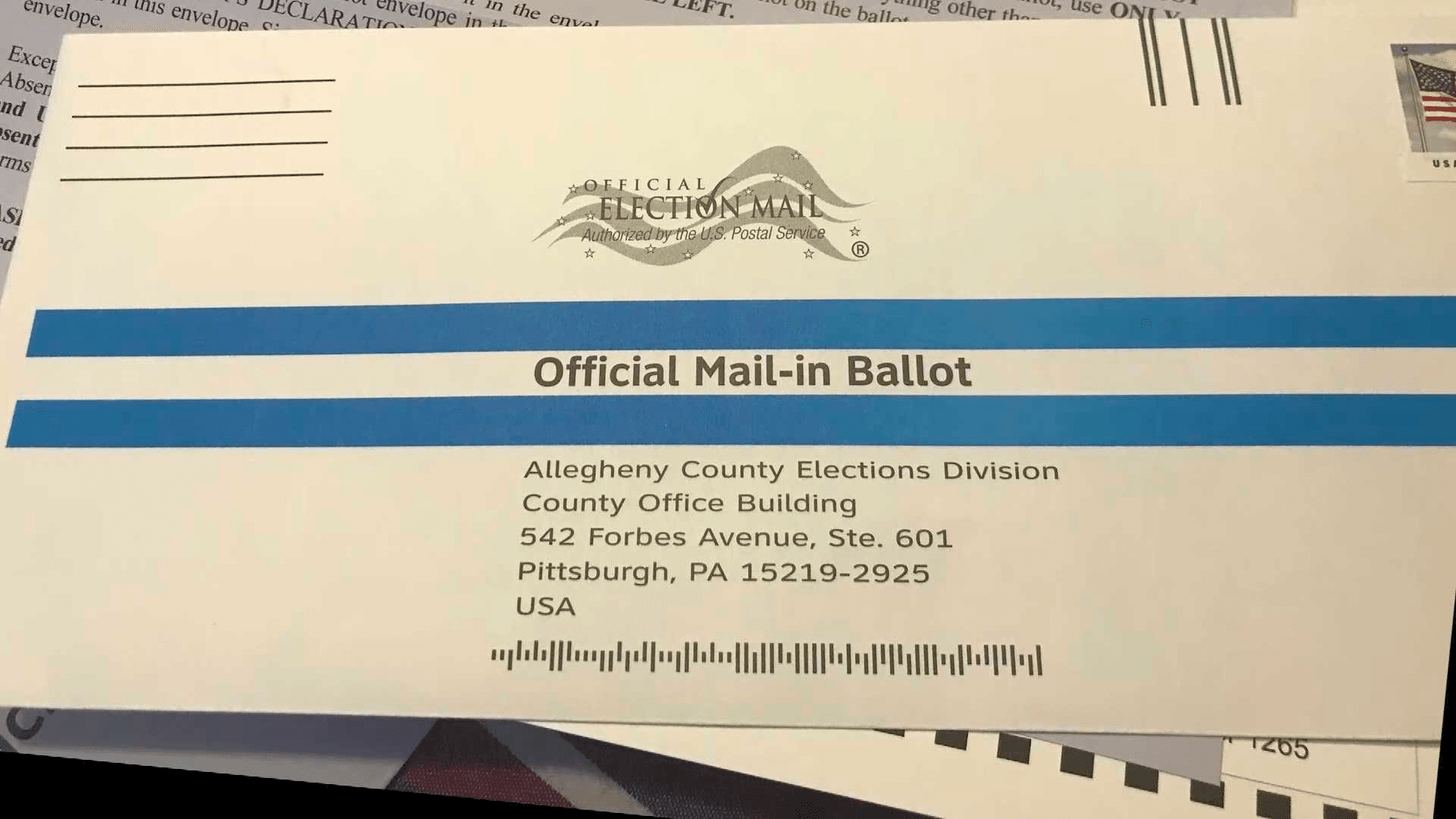
Republicans are not the only ones who have passed election laws which have stirred controversy; on some occasions both sides work together on controversial laws! In 2020, the state legislature of Pennsylvania passed a law which extended mail in voting to deal with the ongoing Covid-19 pandemic. However, this law was unconstitutional according the the Pennsylvania constitution and was challenged in court. In August 2021, 14 Republican members of the Pennsylvania House of Representatives filed suit against the state’s mail voting law while the Democratic National Committee, the Pennsylvania Democratic Party, and several GOP county committees, intervened to defend the law. A bipartisan effort ensued as Republicans and Democrats teamed up for a legal battle against Republicans and supporters of former President Donald Trump.
The controversy of the matter is that mail-in votes allowed President Biden to with the state of Pennsylvania in 2020. Pennsylvania was one of four states - including Wisconsin, Georgia, and Arizona - which were prime targets of the "Stop the Steal" movement.
Discussion Questions
- Does the number of new voting bills surprise you? Explain which narrative you disagree with about enacting state voter laws.
- List one argument for or against voting laws being left up to the state rather than the federal government.
- Which of these bills, if any, do you think are too restrictive? Why?
Narratives
Left Narrative
Amid an unprecedented pandemic in modern history, Americans turned out in record numbers in the 2020 election in a beautiful showing of the democratic process. Despite this impressive turnout in what was by all measures a free and fair election, Republican legislatures across the country, egged on by the former president’s baseless fraud claims, are attacking Americans’ fundamental right to vote. Republicans promote these laws as “election integrity,” but in reality, they make it harder for people, especially minorities, to cast their ballots. This legislation is unconstitutional and a direct assault on American democracy. Congress must enact election reforms to roll back this voter suppression and prevent it from happening again in the future.
Right Narrative
Admitted in a Times article, a well-funded cabal of powerful people, ranging across industries and ideologies, worked together behind the scenes to influence perceptions, change rules and laws, steer media coverage and control the flow of information. Democratic operatives have legions of activists and special interests dead set on “fortifying” elections. Most measures are designed to undo the election tampering conducted during the 2020 election. These measures to secure election integrity are decried as restrictions by the Democratic Party and left-wing media, who struggle to win free and fair elections. Republicans look to provide increased access to early voting, as opposed to mail-in voting, and want to ensure voter ID is used to check that voters only vote once.
Bipartisan Narrative
Classroom Content
Browse videos, podcasts, news and articles from around the web about this topic. All content is tagged by bias so you can find out how people are reacting across party lines.

TIME Magazine Claims An Elite Cabal Conspired To Stop Trump From Winning, Manipulating Laws And News
- Video •
- 1/5/2021
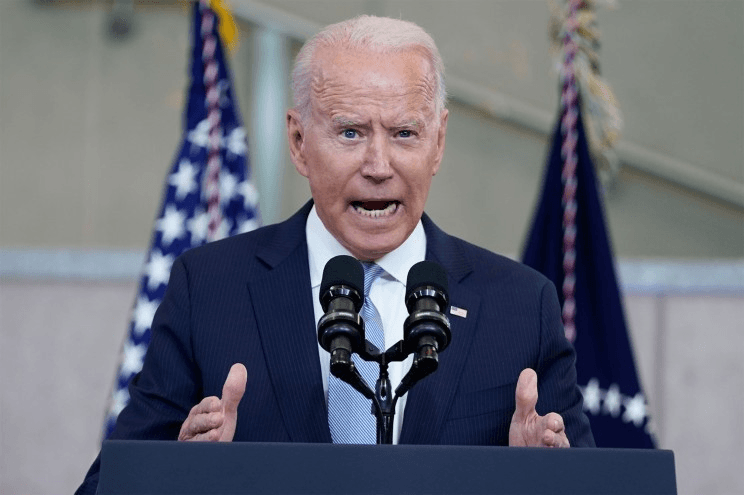
Dems lose their minds over voting laws
- Article •
- 6/13/2021
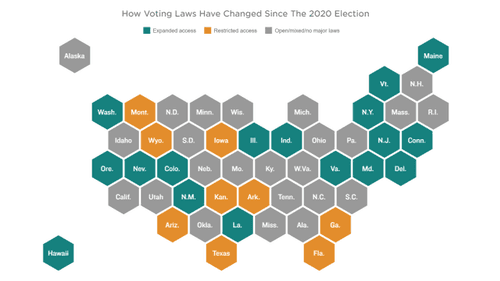
Map: See Which States Have Restricted Voter Access, And Which States Have Expanded It
- Article •
- 8/7/2021
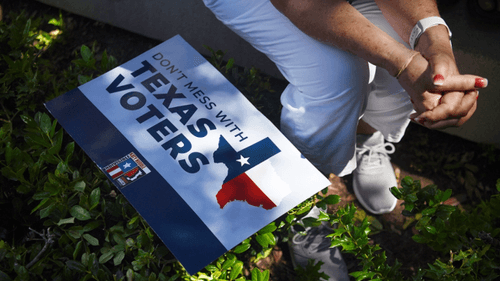
Texas’s New Law Is The Climax Of A Record-Shattering Year For Voting Restrictions
- Article •
- 8/8/2021
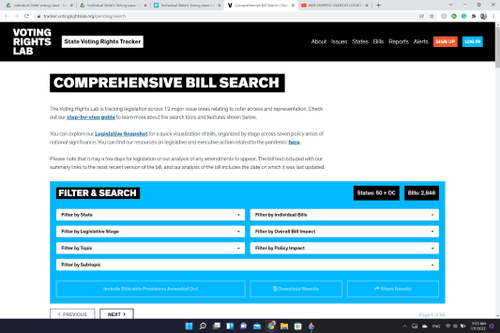
State Voting Rights Tracker | Comprehensive Bill Search
- Database •
- 0/11/2022

Watch CNBC’s full interview with Georgia Gov. Brian Kemp on voter law backlash
- Video •
- 2/31/2021
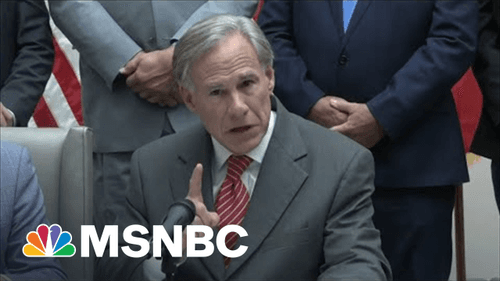
Texas Gov. Abbott Signs Restrictive Voting Bill Into Law
- Video •
- 8/8/2021
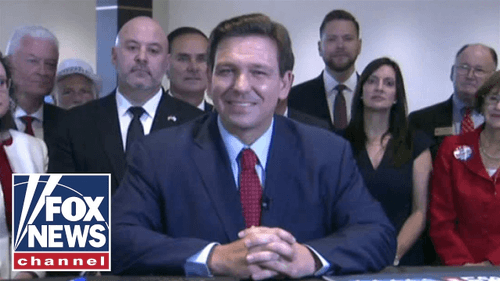
Gov. DeSantis signs election bill live on ‘Fox & Friends’
- Video •
- 4/6/2021
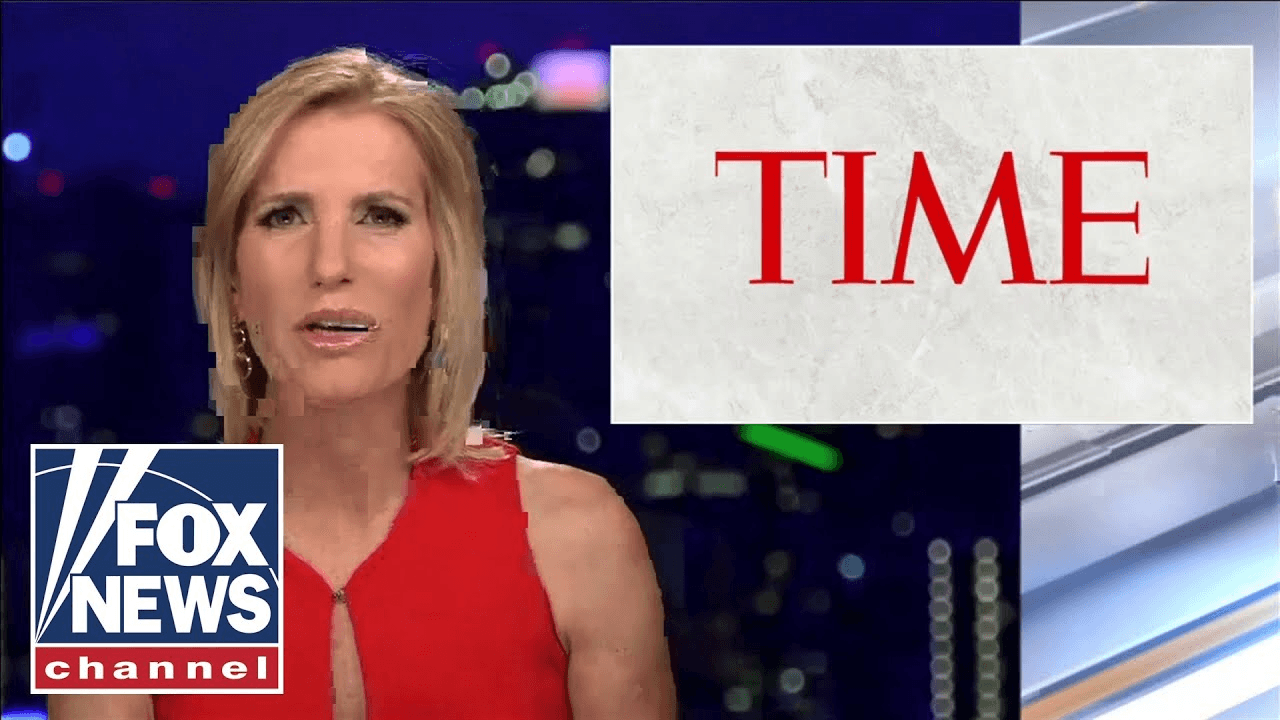
Ingraham reacts to ‘Time’ article revealing driving forces behind Biden’s win
- Video •
- 1/5/2021

Arizona Governor Doug Ducey Signs Election Bill To Remove Voters From Early Voting List
- Video •
- 4/12/2021
